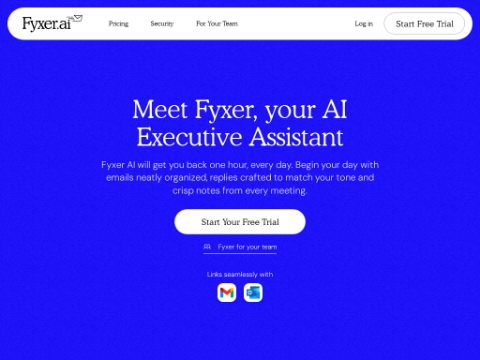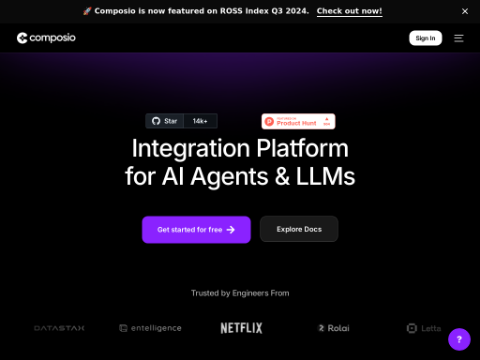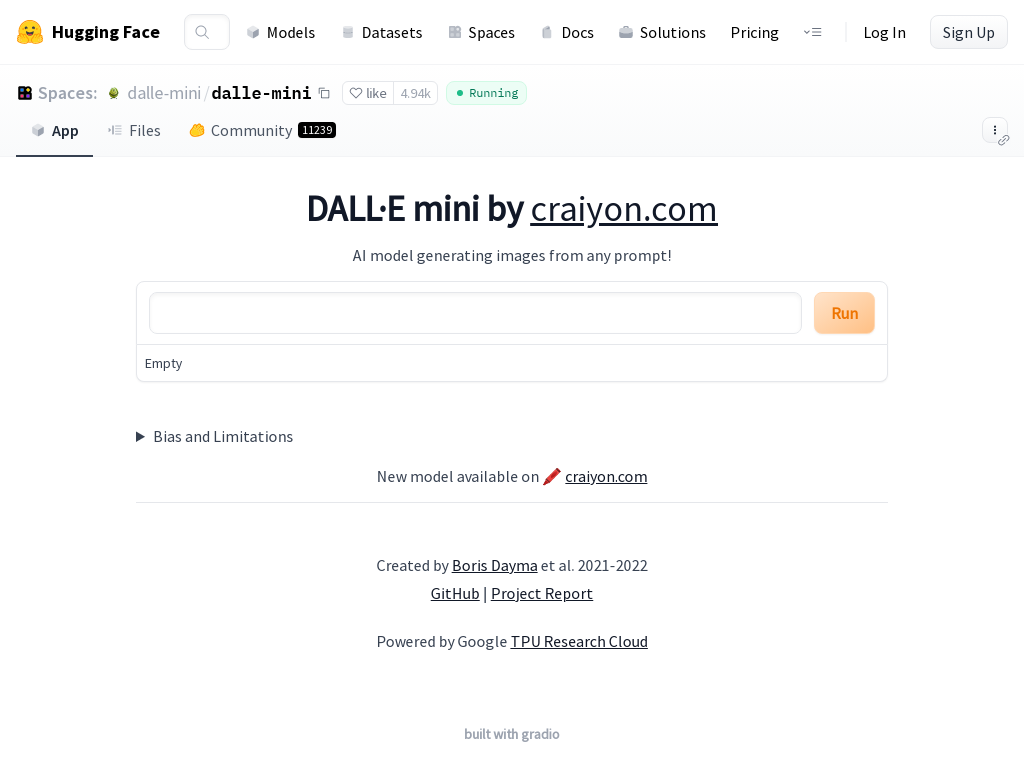Luma launches AI video creation tool Dream Machine, capable of generating 120 frames of video in 120 seconds.
Luma AI, an artificial intelligence startup based in San Francisco, has officially announced the launch of Dream Machine, a revolutionary AI system that can quickly generate high-quality video content with simple text descriptions. This technology undoubtedly provides creators and businesses with unprecedented speed and scale to produce original video content. What's more, you can now experience the magical charm of Luma Dream Machine.
Dream Machine Features:
- Quickly generate high-quality videos through text and images
- Fast generation speed, 120 frames in 120 seconds
- Highly realistic and coherent animations
- Strong consistency in characters, able to simulate the physical world
- Natural camera movements that perfectly match the emotional context
Dream Machine allows users to input descriptive text, such as "a corgi chasing a ball on the beach at sunset," and generate a realistic five-second video clip that matches the scene in just two minutes. Early testers have praised the system for its precise representation of specific objects, characters, actions, and environments, while maintaining smooth motion and coherent storytelling.
The release of Dream Machine marks an important milestone in the popularization of AI-driven video generation technology. Although there are competing systems like OpenAI's Sora and Kuaishou's Kling on the market, they are currently only available to limited partners. Luma AI, on the other hand, has chosen a more open approach by offering Dream Machine for free on its website and plans to release APIs and plugins for popular creative software.
This open attitude may help Luma AI gain an advantage in building a vibrant community of creators and developers around its platform. By lowering the barriers to entry, Dream Machine is expected to inspire a wave of innovation and creativity, allowing users to fully explore the limitless possibilities of AI-generated videos.
As competition intensifies in the generative AI field, startups and tech giants are racing to develop complex tools that can synthesize realistic images, audio, and videos from text inputs. This technology holds tremendous potential in the transformation of various industries, including entertainment, advertising, and education.
However, the field is still in its early stages, and even advanced systems like Dream Machine, Sora, and Kling may perform poorly in certain contexts or produce unreasonable and problematic outputs. Improving the quality, consistency, and reliability of these models is crucial to unlocking their full commercial potential.
As competition in the generative AI field continues to heat up, a key question arises: will the massive computing power and training data required to build state-of-the-art models concentrate technological resources in the hands of a few industry leaders, or will an open ecosystem composed of creators and developers thrive? Luma AI's launch of Dream Machine indicates their preference for the latter.
Tools like Dream Machine make it easier than ever to generate realistic video content, but they also raise a series of thorny ethical and legal issues that have yet to be properly addressed. From creating deepfakes and spreading false information to intellectual property infringement, the risks of misuse cannot be ignored.
Legislators and regulatory bodies have begun to tackle these issues, but the pace of technological change far exceeds the development of governance frameworks. Finding a balance between innovation and responsibility as generative AI systems become more powerful and accessible will be a major challenge for the entire industry and society.
Despite facing numerous challenges, the release of Dream Machine undoubtedly demonstrates remarkable progress in AI-driven video generation technology in recent years. As the technology continues to mature and improve, it has the potential to unlock new creative and expressive possibilities that were once only found in science fiction novels. The era of AI-generated media has arrived, and its profound impact is just beginning to emerge.








